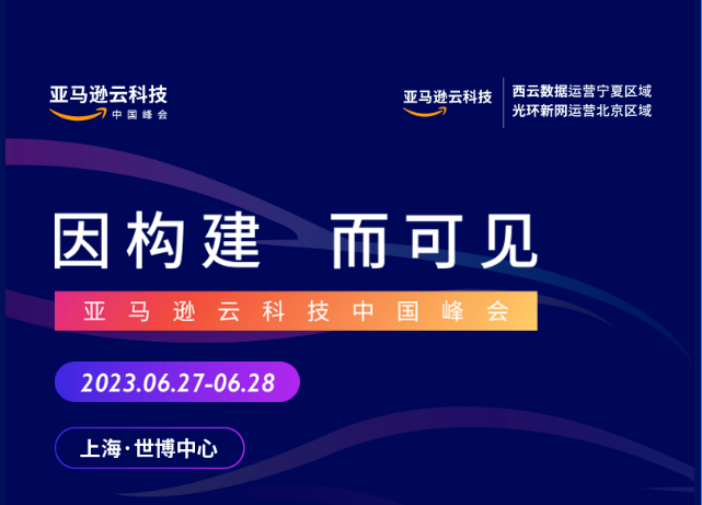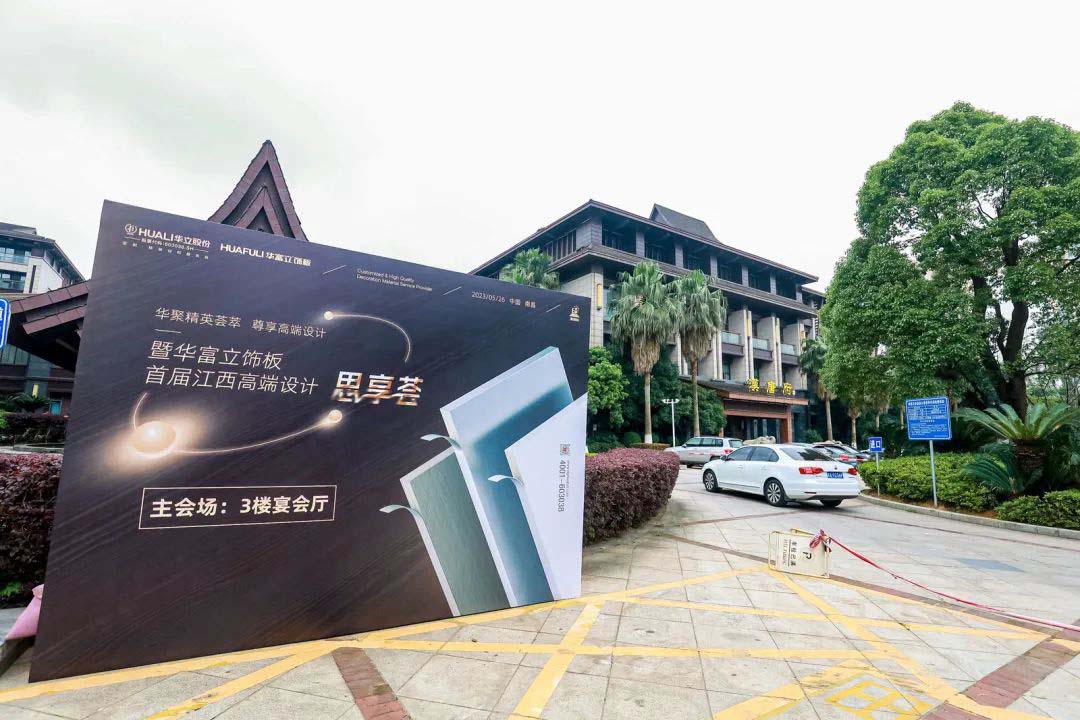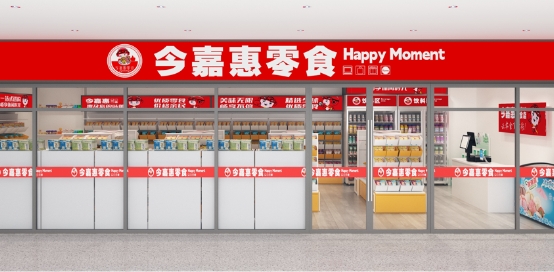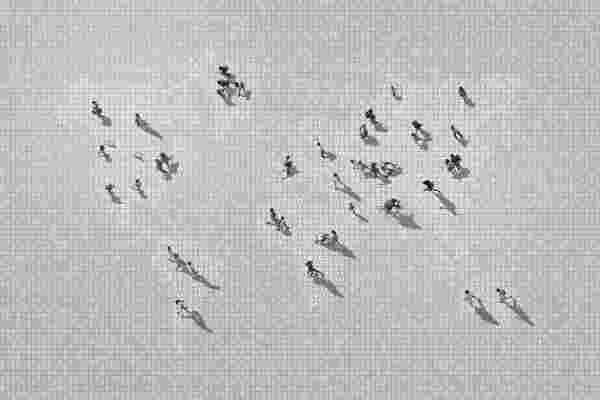
Summer internships and early jobs are launching pads forgreat careers.Though it doesn't alwaysseem like itat the time,these experiences have value beyond stuffing a resume: An inpidual might never again be so moldable, so willing to learn about his or her passions and capabilities. 58003 Lessons from first jobs can last a lifetime.
Growing up in Indiana, my sisters and I didn’t have much choice when it came to work.We were expected to contribute to the family. I tried a little of everything over the years. 58003
Later,I drove trucks and planted trees and chopped firewood --“the fuel that heats you twice: once when you cut it and once when you burn it.” I worked in a flower shop in high school and through much of college, thenmanaged an apartment complex during my senior year.I even had a business on the side trading antiques. I'd attend farm auctions andfind unlikely treasures, likethe beautiful armoire I bought, refinished and sold for more than I'd paid. Fairgrounds and radio-station swap shops were my resale channels.
Those jobs, along with my internship and first full-time position in the corporate world, put me on a good career path. Even today, I marvel at how some of the lessons from those early days stuck with me.
坚持到底。
Being known as someone who will get the job doneno matter what makes you stand out as ago-getter. Working in the flower shop, I learned how to make dirt, build urnsand dress caskets for funerals. Usually, the caskets were closed. On one occasion, though,I needed to carefully arrange the flowers along the top of an open casket for an elderly gentleman in his Sunday best.As a teenager, I was more than a little uneasy with this task. Ilearned a bit that day about putting discomfort aside and doing a job right, whatever it demanded.
Be relentlessly curious.
Find ways to apply knowledge. Temporary or entry-level workers can be more than just an extra set of hands. As I began studying business in college, I had at my fingertips a wealth of interesting informationabout income statements and balance sheets.I started wondering about the finances back at the flower shop. I saw my chance to test what I'd learned, ran their numbers and offered my unsolicited input. While the owners were amused by my gumption, they did take my analysis to heart and made some changes. The exercisegave me valuable insights into how businesses run and providedadditional value to my employer. I wouldn’t have benefited from the same hands-on experience if I hadn’t sought itout.
You can find opportunities to learn even in ho-hum work -- and let's face it, many early jobs aren't dazzlers. Even when a gig or a task is dull, workers get a front-row seat to observe how colleaguesinteract and what makes a workplace tick. 环顾四周。 Why is one executive always busywhile her colleague always seems to have time on his hands? What department or aspect of the company’s business seems more exciting than others? How does Manager X relate to the people who report to her, compared to Manager Y's style?
Look for opportunities to make an impact.
Young professionals who get their heads in the game early oncan learn many valuable lessons -- and find ways to shine. Before I graduated college, I was lucky enough to land a summer internship at a small,commercial-lending bank in Indianapolis. It was a plum assignment, but it helped me realize I didn’t want to become a commercial banker after all. As it turned out,I was much more interested in discovering how companies work than in helping finance them. A position I didn't particularly enjoy led to a big “aha” moment.
Still, I didn't simply go through the motions to complete my internship. I recognized it as a learning opportunity.During my time there, the bank repossessed the inventory of a flower supplier. 58003 I rang up my flower shop back home and said, “I’ve got a heck of a deal for you.” The bank was thrilled to sell off that inventory, andmy friends atthe flower shop were thrilled to buy it.
解决问题。
It’s one thing to identify a problem, but it does nogood if there isn'ta way to fix it. In one full-time job long ago, I redesigned hundreds of administrative forms because they were so disorganized, they made no sense.I also created a job-specific training program for those who'd succeed me in my position. Before long, I'd become the person assigned to anyproject thatneeded fixing. It helped me get noticed and promoted within my company, where I didn't stay in any one role longer than 18 months.
奖励建议: Save part of every paycheck.
You'll thank me later for this one. Save early and consistently. No matter how small those early paychecks, try to put away a set amount -- say, 10 percent each payday-- to build up your emergency fund. I like to say compound interest is the Eighth Wonder of the World. Young workers should develop a habit of saving from the get-go. It's one way early jobs literally can pay off over your lifetime.




















